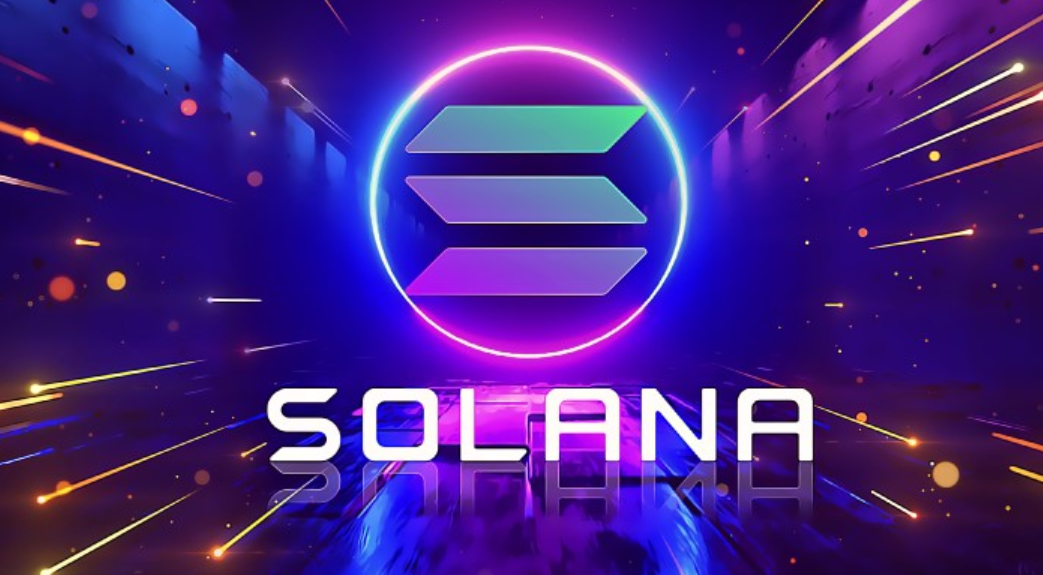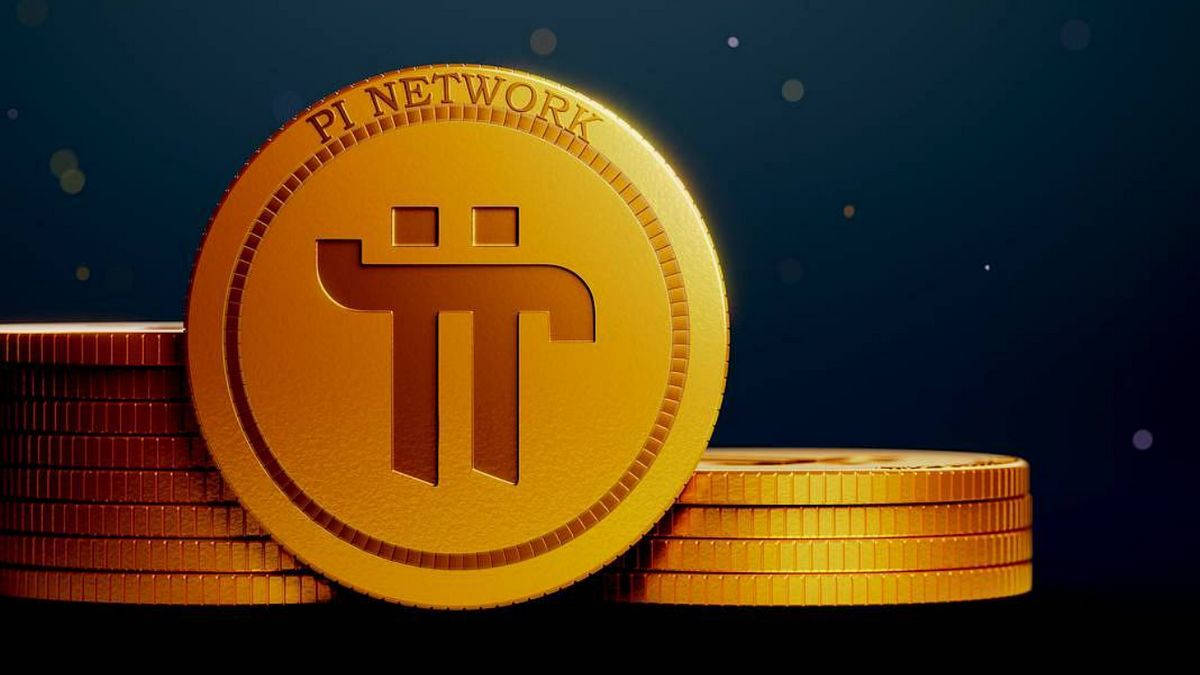|
Getting your Trinity Audio player ready...
|
Solana, the high-speed blockchain known for its low transaction fees, has hit a snag in recent days. Network congestion has caused noticeable transaction delays and even dropped transactions entirely, frustrating users.
Memecoins and Spam: A Perfect Storm
The culprit behind the congestion seems to be a two-pronged attack: a surge in memecoin activity and an influx of spam transactions. The first quarter of 2024 saw a significant rise in memecoin popularity on Solana, with new tokens appearing on decentralized exchanges (DEXs) at record rates. This surge in activity, fueled by retail interest in affordable transactions, placed a heavy demand on the network’s block space.
Making matters worse, bots have flooded the network with spam transactions, further congesting the system. Unlike traditional blockchains that utilize a “mempool” to stage transactions before processing, Solana operates differently. Transactions are sent directly to designated “block leaders” without waiting in a queue. This architecture, while efficient under normal conditions, can become overwhelmed by spam, leading to dropped transactions.
Also Read: Solana DEX Trading Volume Hits $50 Billion, But Solana Co-Founder Extends Olive Branch to Ethereum
Solana Responds: Bug Fixes, Priority Fees, and More
The Solana team is aware of the issues and actively working on solutions. Software patches are in development, but a complete fix will take time, according to co-founder Anatoly Yakovenko. In the meantime, bug fixes are being rolled out over the next week, which should offer some immediate relief.
Looking ahead, several key developments aim to prevent future congestion. The upcoming 1.18 update will introduce improvements to transaction scheduling, making the process more deterministic and reducing bottlenecks. Additionally, the integration of dynamic priority fees into decentralized applications (dApps) is planned. This will allow users to pay higher fees for faster transaction processing, improving the overall user experience.
Anza Steps Up: Addressing QUIC Issues
Anza, a developer of a popular Solana validator client (Agave), is also taking action. They’ll be introducing fixes to address specific issues with their QUIC implementation, aiming to enhance client performance during high-traffic scenarios.
While the current congestion might linger for a short while, the Solana team’s commitment to solutions paints a hopeful picture. With bug fixes, priority fees, and improved scheduling mechanisms on the horizon, Solana is poised to overcome this challenge and emerge stronger. However, only time will tell if these measures will be enough to handle future spikes in activity and prevent similar situations from recurring.
I’m the cryptocurrency guy who loves breaking down blockchain complexity into bite-sized nuggets anyone can digest. After spending 5+ years analyzing this space, I’ve got a knack for disentangling crypto conundrums and financial markets.



